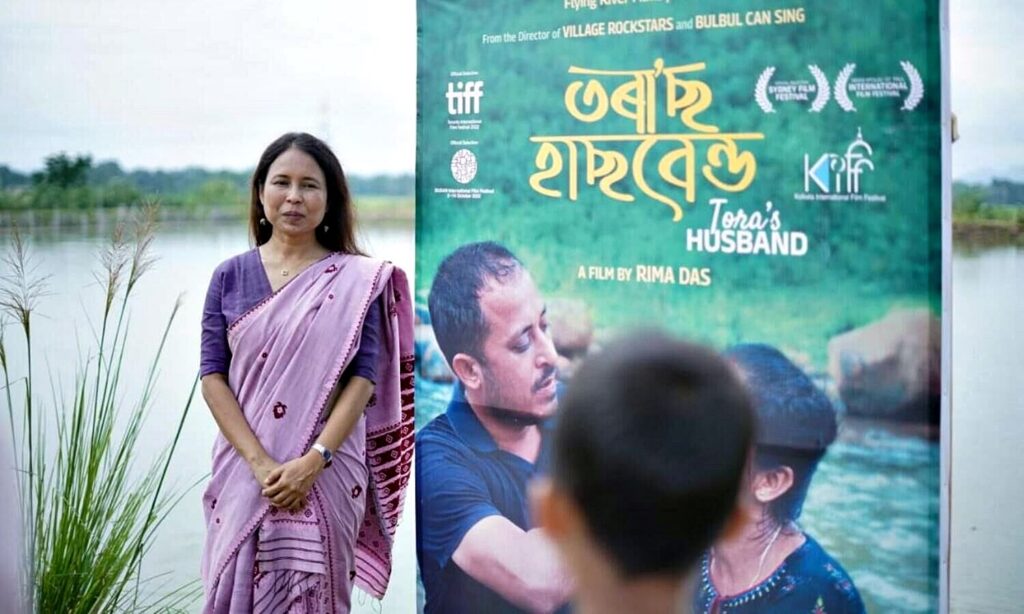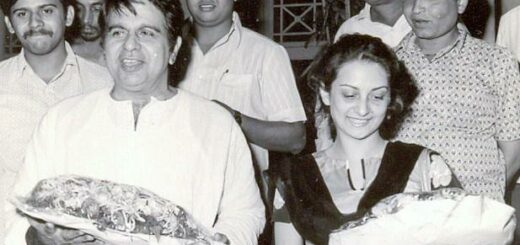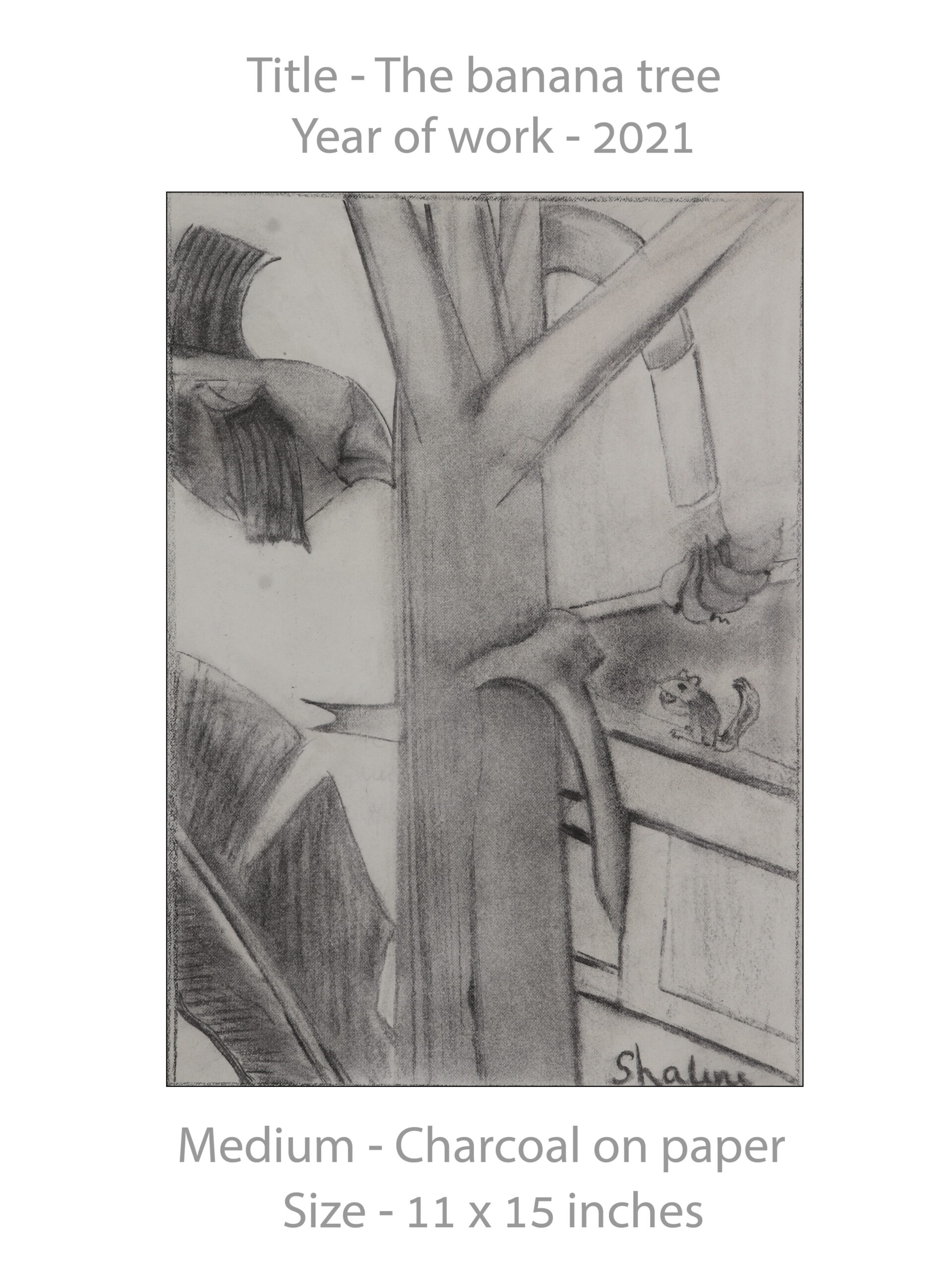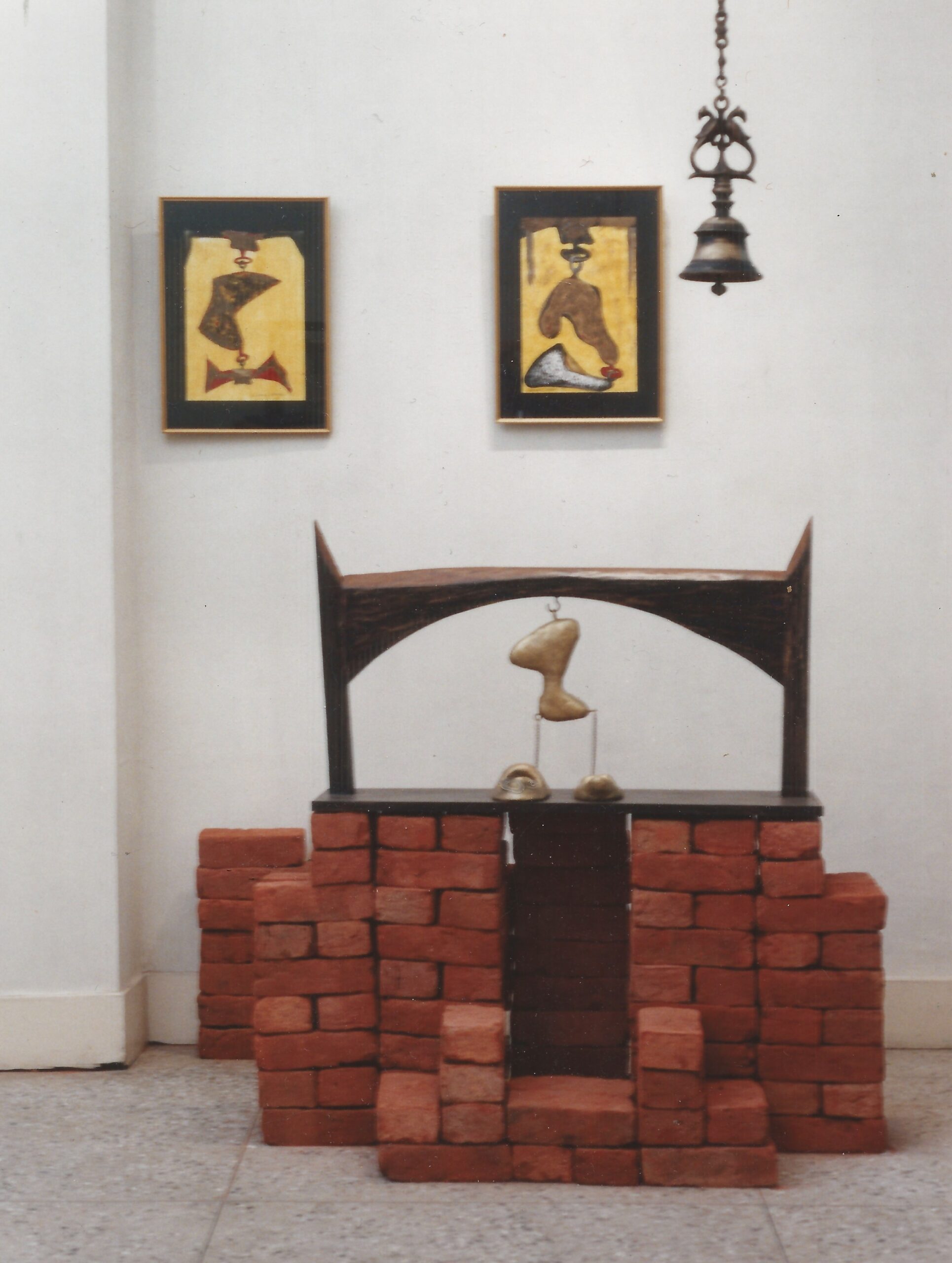Tora’s Husband: Honest and rooted

Tora’s Husband,’ the latest film by Rima Das, is simple in content and production. The film revolves around the transformation of the mindset of Jaan, an alcoholic young businessman and husband of Tora. Tora, a responsible village daughter-in-law with two children, loves her family, husband, and flowers, although she is not comfortable with her mother-in-law. In crafting the story of this couple, Rima Das has remarkably succeeded in portraying the lives, hopes, aspirations, frustrations, joys, imaginations, realities, problems, and other issues faced by the lead characters. The major characters are integral to society, and certain societal sequences also become part of the film. Rima Das seamlessly integrates the environment and people as a part of reality without imposing any constructed characters or locations, thereby enhancing the film’s authenticity.
The film’s narrative is thin and straightforward. Tora’s husband, Jaan, is a young enthusiast who engages in football, runs a successful business, drives a Bolero, and spends quality time with his children. However, his habit of drinking with friends late into the night, causing him to be absent at home, becomes a source of frustration for Tora. Set in a village close to an emerging business hub with an urban framework, the story unfolds just after the post-COVID period. As Jaan’s restaurant faces financial challenges, he grapples with the stress while also supporting the village football team financially. The film captures Jaan’s realization that his nightly drinking habits are taking a toll on his family, especially when Tora has to search for him at night. Tora’s hospitalization for COVID-19 infection becomes a pivotal moment, prompting Jaan to recognize Tora’s significance in his life.
The film progresses with two compelling assets: the vivid portrayal of village life and its inseparable connection with the characters, complemented by a balanced dose of normal humour. The narrative begins with Jaan taking his son to the cremation place of his deceased father, creating initial curiosity that, unfortunately, doesn’t contribute significantly to the main storyline. Instead, the film cleverly weaves in Tora’s purchase of flower seedlings from a small nursery, linking it symbolically to the climax and providing a meaningful reference to the earlier scene. The film skillfully uses the flower as a metaphor for the gap between Tora and Jaan, enhancing the emotional depth of the story.
While the film contains scenes that add instant appeal through natural acting and simple visualization, it lacks a well-structured screenplay. The scattered sequences, although interesting, often do not contribute to the central theme’s development. The film’s pacing issues raise questions about the necessity of a well-defined screenplay, as the story lacks a cohesive rhythm.
The film primarily explores the strained relationship between Tora and Jaan. However, crucial information, such as Jaan’s mother leaving due to Tora’s alleged misbehaviours, lacks convincing evidence, making it a less dominant aspect of their troubled relationship.
Towards the film’s conclusion, Tora’s return from the hospital is marked by a family walk on a narrow bridge in the rain, emphasizing the spiritual bonds, responsibilities, and reliance within the family. The film uses elements like rain, narrow bridges, and umbrellas as metaphors, elevating the scene’s aesthetic appeal and conveying deeper meanings.
The film’s visuals maintain simplicity to align with the narrative and production technique. The fixed camera frame offers opportunities for beautiful composition, yet cinematographer Rima Das doesn’t fully capitalize on this potential. The film’s visual simplicity contradicts its central message, as it fails to express the complex emotions inherent in the story through strong cinematic language. Despite the challenges of capturing busy outdoor scenes with a limited crew, Das maintains a balance in preserving the simplicity of the camera work.
The major characters, Jaan and Tora, are well-portrayed by the writers and director. Tarali Kalita Das delivers a convincing performance as Tora, while Abhijit Das effectively embodies the multifaceted character of Jaan. However, the characters of Jaan’s mother and sister, crucial to the story, are not proportionately presented. The two child characters are believable, adding depth to Jaan’s relationship with them. Though not closely connected to the main plot, other characters contribute to the film’s credibility.
While the film tells a compelling story, the necessary rigour and technical skills to seamlessly propel the narrative forward are somewhat lacking. Both the editor and director are responsible for ensuring a clean and cohesive film, but ‘Tora’s Husband’ falls short in this regard. The film’s timeline, set in the declining stage of the pandemic, handles COVID-related elements with sensitivity, focusing on the courage to embrace a new life. The protagonists embody the spirit of overcoming challenges, making the film a globally recognized work of art in the post-COVID era.
___Utpal Datta











Thank you for your thoughtful review.
“Tora’s Husband,” directed by Rima Das, skillfully captures the complexities of village life, weaving a narrative around Jaan’s struggle with alcoholism and Tora’s resilience. While the film maintains visual simplicity, it lacks a well-structured screenplay, impacting pacing and theme development. Cinematographic potential hinder its overall impact. Despite these challenges, the film resonates as a poignant portrayal of overcoming adversity in the post-COVID era.
Well written. I always like Utpal Dada’s detail writing on every aspect of cinema…
The story was interesting, and good as well as inspired
Wish to see this film..hvnt seen good films for a long time
I am so elated to know that my article touched you.